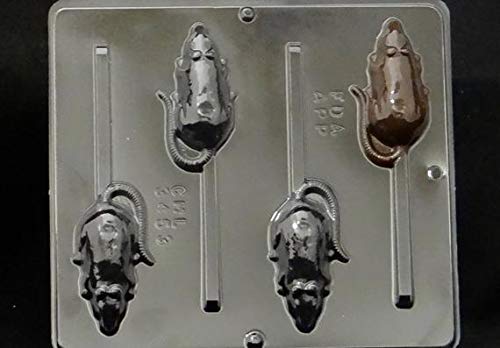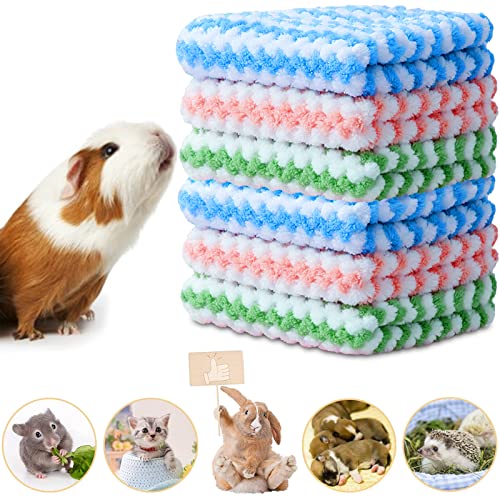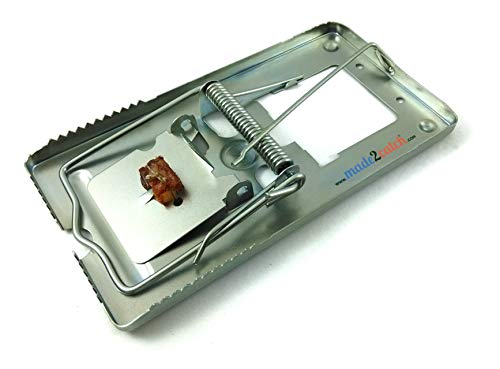Yes, I have 3 rats with mammary tumors 4.7 mg Deslorelin implants. The implants are the equivalent to a chemical spay, so they don't necessarily prevent the tumors from growing back (especially since the procedure is being done after a tumor has appeared) but they may slow down the growth of existing tumors and/or prevent/slow new ones from popping up.
The implants being tested are already used in dogs to temporarily (they last for a year) chemically castrate them, and were tested in scary high doses on rats prior to being used on dogs for toxicity with no ill effects. My vet is doing a clinical trial to test their effectiveness at treating mammary tumors in rats. The idea is, as soon as a tumor pops up, the Deslorelin is implanted in the hopes of avoiding/delaying surgery. It is most notably a viable option for rats that are not healthy enough for surgery yet. As my vet explains it, the implants allow us to see which tumors will grow and need to be removed and avoid surgery in those cases.
Three of my girls have them, the first two (Sophie and Butterscotch, both under the armpit) got theirs in May, the third (Ava, on her collarbone/ribcage) in July, all within a week of me finding the lump.
Sophie had another pea sized lump pop up on her collarbone in late June/early July and then her existing lump started growing so we tried to have them both surgically removed about 3 1/2 weeks ago. It took too long to remove the first one so my vet left the second one, although once Sophie fully recovers from the first surgery, we are going to talk about removing that one too. Had we not waited to remove the first one, it would have been a much easier surgery but we would still be in the same position with the second one today.
Butterscotch got her's done a week after Sophie and her tumor is only now starting to grow. It's growing slowly though, so unless any others pop or it starts growing faster, we will likely leave it.
Ava's lump appeared overnight and was huge but really soft and squishy, even for a mammary tumor. A month after the implant, her's has shrunk to a quarter the size it used to be.
The procedure itself involves giving the rats some Isofluorane gas to sedate them, shaving the area in between their shoulders, making an approximately 2mm incision, inserting the implant, and gluing the incision closed. It costs about $270 for the procedure, beginning to end. Depending on who does it (or maybe because one of my vets trusts me more than the other) they can go home right away or after 4 hours. The check-up (required to confirm the mammary tumor, do a health check, etc.) is $55, the implant is $185, and then of course there are taxes. Much cheaper than a spay (at my vet anyway) or a simple lumpectomy. No meds, no incision to heal, almost negligible risk of abscesses, just a bald spot for a few weeks.
But, like spaying after a rat has already developed a tumor, there are no guarantees. And depending where you live and how much you spend (assuming you could come here to get it done, because I'm almost a hundred percent positive that mine is the only private practice that is doing it) on veterinary care, it can be really pricey.
I have had many rats with mammary tumors and have tried many things to prevent them from developing, growing, or coming back, and there doesn't seem to be one way. IME, there are so many factors that can affect the occurrence of mammary tumors, there is not one solution. The best bet is to have a rat spayed before the age of 6 months, as that has been shown to drastically reduce the risk of mammary tumors. As you probably know, low sugar, low fat diets are said to help slow tumor growth, as well as many people recommend soy free diets. If you have any questions feel free to PM me.










































